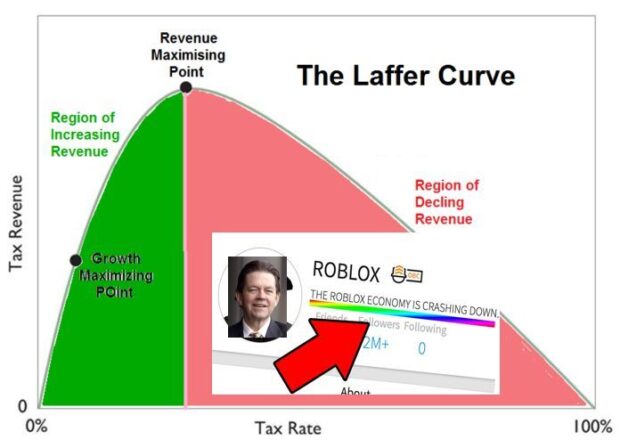
Evolution of the Gaming Product Manager in 2025 + AI
AnalysisJournal 58 Joseph Kim June 13
The Product x LiveOps Panel Recap: The Product Manager in Flux
Game development is shifting rapidly, reshaping what it means to be a product manager. Key macro forces—from the attention economy to global competition—are creating new challenges and demands.
1. The New Competitive Terrain
- Attention is Scarce: With players flooded by games, streaming, and social media, gaining and retaining attention has become difficult and expensive. Studios must invest in stronger marketing and engagement from day one.
- Global Content Arms Race: Studios in China operate with immense scale and speed. Their output is resetting player expectations and forcing others to accelerate, often via AI tools.
- LiveOps is Thriving: Games like Brawl Stars have proven that well-executed LiveOps can dramatically extend a game’s lifecycle. This pushes studios to favor continuous updates over risky new launches.
- Established Games Dominate: Breaking into crowded genres like PvP is increasingly hard. Competing with incumbents requires either major innovation or strong IP support.
2. AI: From Buzzword to Backbone
- AI = Efficiency Today, Strategy Tomorrow: Teams already report 30–40% gains in asset creation and productivity through AI. QA, code assistance, and PM workflows (e.g., PRDs, competitive analysis) are being transformed.
- “Amplify, Not Replace”: For now, AI augments rather than replaces roles. But PMs who don’t adopt AI risk being replaced by those who do.
- The Rise of “PM+1”: Tomorrow’s PMs will pair core skills with deep expertise in another domain—engineering, marketing, or data—to stay relevant in an AI-powered world.
3. Culture Clashes & Role Evolution
- Mobile vs. Console PM Mindsets: Mobile PMs bring agility and data-driven habits that many AAA studios still resist. As more platforms adopt LiveOps, cultural integration becomes critical.
- Empathy Is Key: Especially in traditional teams, PMs must communicate with emotional intelligence, bridging gaps between design instinct and data insights.
- AI Drives Role Compression: Hybrid roles like PM/engineer or PM/marketer are emerging as AI reshapes team structures and workflows.
After-Panel Reflections: Preparing for the AI-Driven Future
Tactical AI Is In Demand
Studios want real-world AI applications—not theory. AI adoption is accelerating from ideation to production, with studios increasingly forming councils and partnerships to share learning and implementation.
PMs Must Evolve Their Value
With AI handling basic research and data tasks, PMs must lean into human strengths: creative strategy, critical judgment, and cross-team orchestration.
AI as Orchestration Layer
PMs are no longer just backlog owners—they’re becoming “control tower” operators, deciding which AI tools to activate, how to integrate them, and where they deliver most value.
“3 Returns” Framework for AI
Use Gartner’s lens to measure AI impact:
- Return on Employee: Boost efficiency
- Return on Investment: Increase profit/KPIs
- Return on Future: Build new business models
Product Velocity Is the New North Star
The ability to ship fast, iterate, and respond to data is a key differentiator. AI becomes a multiplier for this velocity.
Agentic AI: The Next Leap
Beyond automation, agentic AI can:
- Learn player behavior
- Manage in-game economies
- Personalize offers at scale
- Segment players continuously
PMs will set goals, monitor outputs, and define ethical constraints—not manually execute tasks. But this only works with robust, clean data as a foundation.
Final Thoughts: Adapt or Fall Behind
Studios must address internal resistance to change. Mobile-native PMs often struggle in console environments due to a lack of organizational agility. Without cultural evolution, studios will lose the “velocity war.”
The Future PM Playbook
1. Get Hands-On with AI – Experiment, tinker, learn.
2. Build in Public – Share ideas, learn together.
3. Learn Relentlessly – The curve is steep, but early adopters will reap outsize rewards.
The product manager of tomorrow is strategic, AI-augmented, cross-functional, and adaptive—ready to lead in a fast-moving, uncertain, and opportunity-rich industry.







